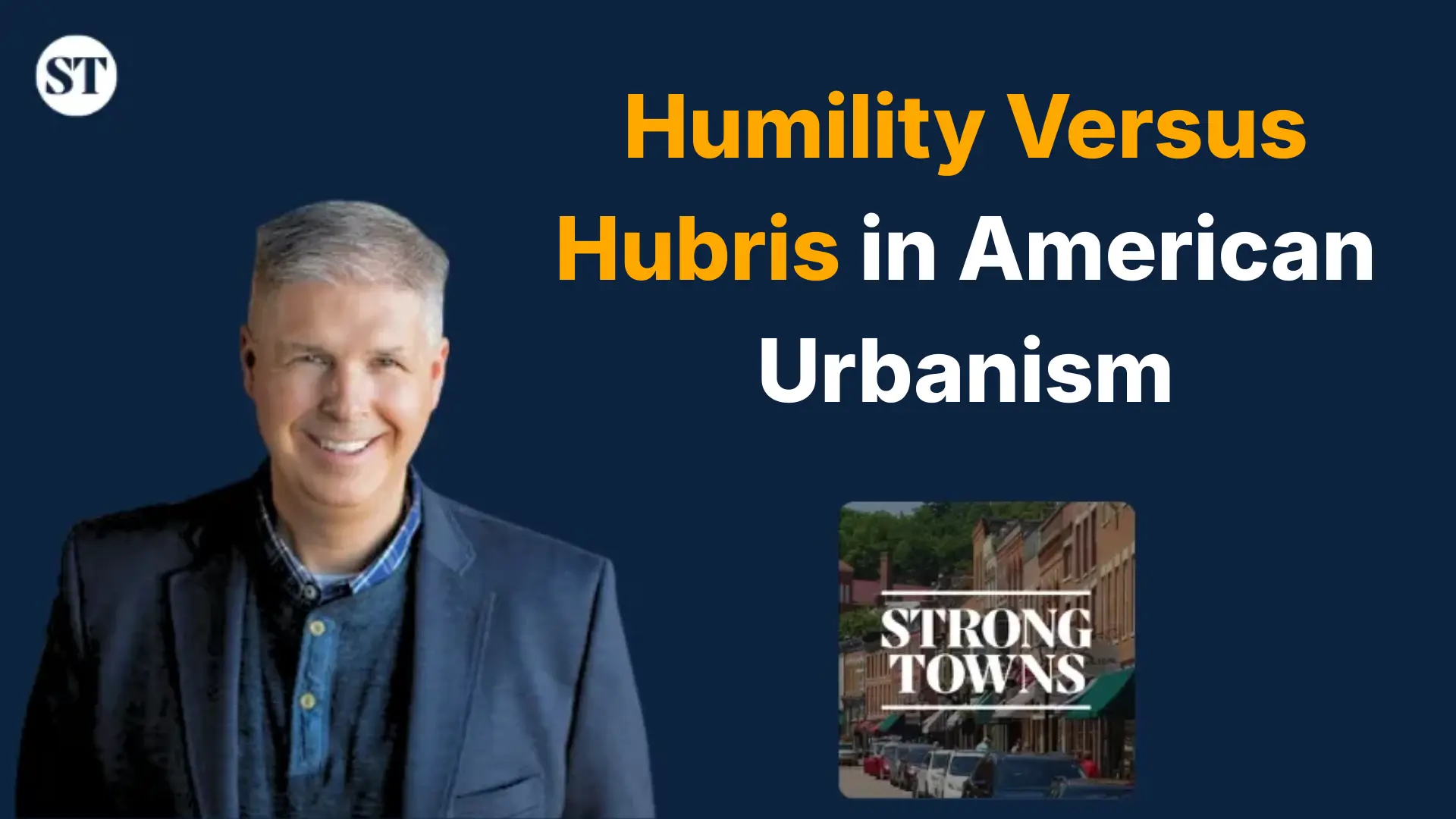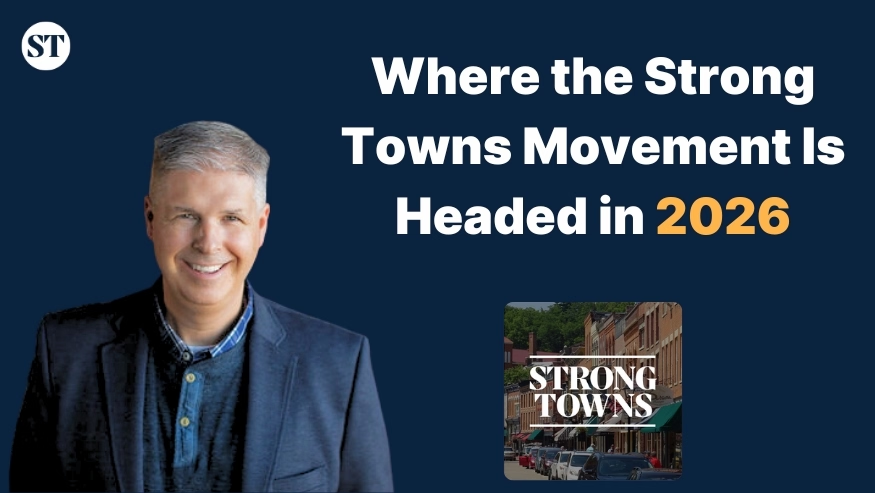Featured
Top Stories
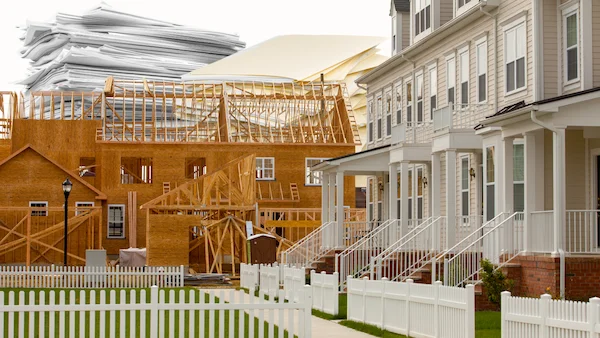
Lorem ipsum dolor sit amet, consectetur adipiscing elit. Suspendisse varius enim in eros elementum tristique. Duis cursus, mi quis viverra ornare, eros dolor interdum nulla.
.webp)
Lorem ipsum dolor sit amet, consectetur adipiscing elit. Suspendisse varius enim in eros elementum tristique. Duis cursus, mi quis viverra ornare, eros dolor interdum nulla.

Lorem ipsum dolor sit amet, consectetur adipiscing elit. Suspendisse varius enim in eros elementum tristique. Duis cursus, mi quis viverra ornare, eros dolor interdum nulla.

Lorem ipsum dolor sit amet, consectetur adipiscing elit. Suspendisse varius enim in eros elementum tristique. Duis cursus, mi quis viverra ornare, eros dolor interdum nulla.

Lorem ipsum dolor sit amet, consectetur adipiscing elit. Suspendisse varius enim in eros elementum tristique. Duis cursus, mi quis viverra ornare, eros dolor interdum nulla.
Latest Podcasts
(Transcripts Included)

Walking, Visibility, And One Mom’s Fight For Safer Streets
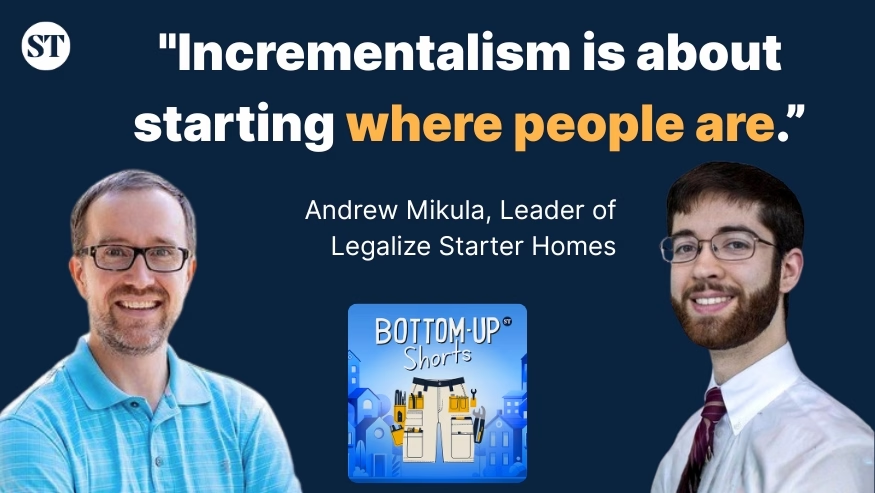
How One Ballot Initiative Could Legalize Affordable Starter Homes
Latest Stories

Arguments that ignore finance, power, and legitimacy are breaking down.
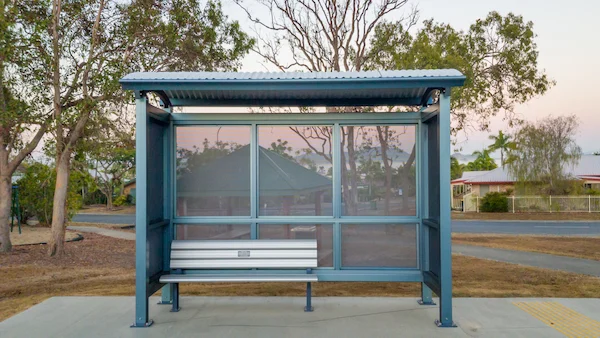
For cash-strapped transit agencies looking to improve the rider experience, less may actually be more.
.webp)
Understanding the planning “pyramid” and how commissioners can use their position to shape better outcomes.
.webp)
What can we learn from the Providence we built during the Industrial Revolution?

An executive order and White House fact sheet reveal how Washington manages housing prices without ever letting them fall.
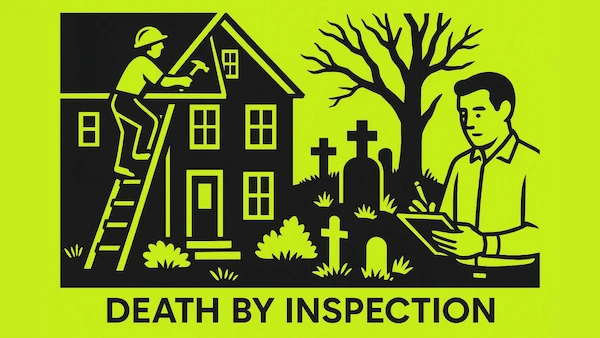
Think permitting and inspections reform don't matter? Listen to this hellish account.

A contentious project in Des Moines reveals a deeper issue: cities often react to proposals instead of clarifying what’s possible.

And why the median YIMBY should be more excited by incrementalism.
.webp)
Why Langley’s investments miss what families actually need.

What if the places we invest in most aren’t the places that actually build community?

This year’s cookie prices fell, but the story behind them is heavier than ever.
.webp)
This is what local leadership looks like when the goal is connection, not just construction.
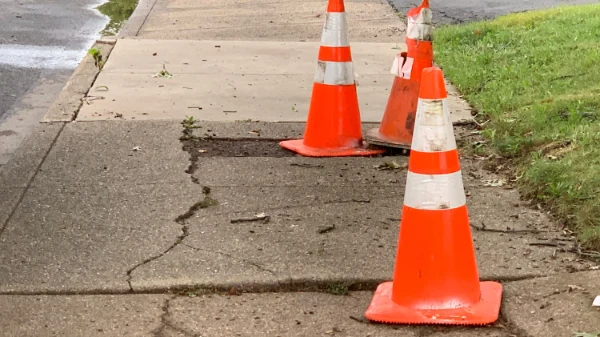
Mastering the little things is how we learn to do bigger things.
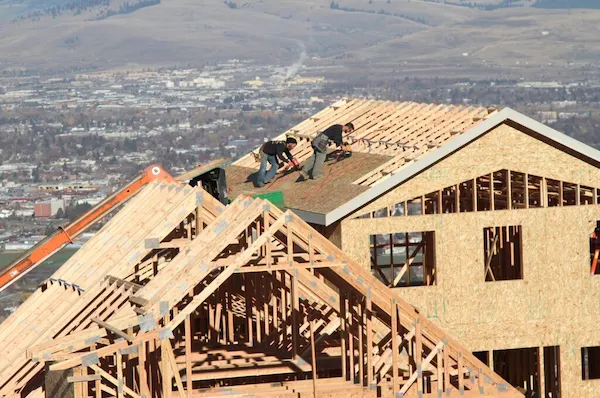
The housing people are looking for may not be what cities are built to deliver.
.webp)
The era of transportation expansion was a success. That’s exactly why it needs to end.

When a school is placed miles away from the families it serves, the consequences show up immediately.
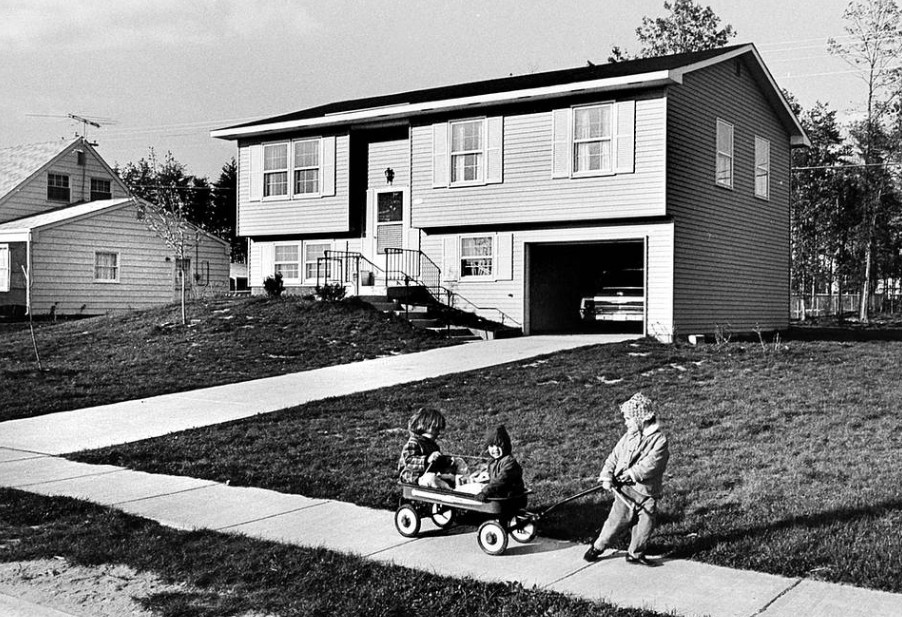
This Indiana city is no longer defined by what it lost, but by what its residents are building today.
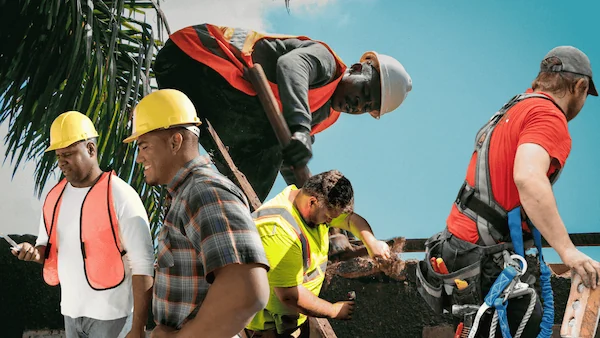
In its Housing-Ready City Toolkit, Strong Towns recommended a 24-hour turnaround for permits. That's not an exaggeration.

In Charlotte, North Carolina, a man lost his life trying to catch the bus. When you look at where it happened, two things become clear: This was inevitable. It was also preventable.

Three case studies reveal how top-down funding creates rigidity, waste, and systems that cities cannot afford to fix or abandon.
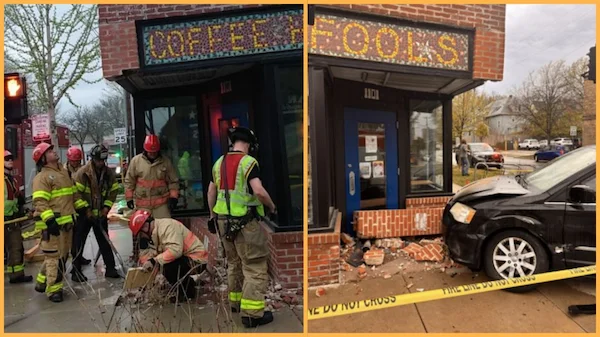
Madison, Wisconsin's Transportation Commission approved a rapid response traffic initiative that could potentially make a dangerous street safer and provide a template for future street tests.
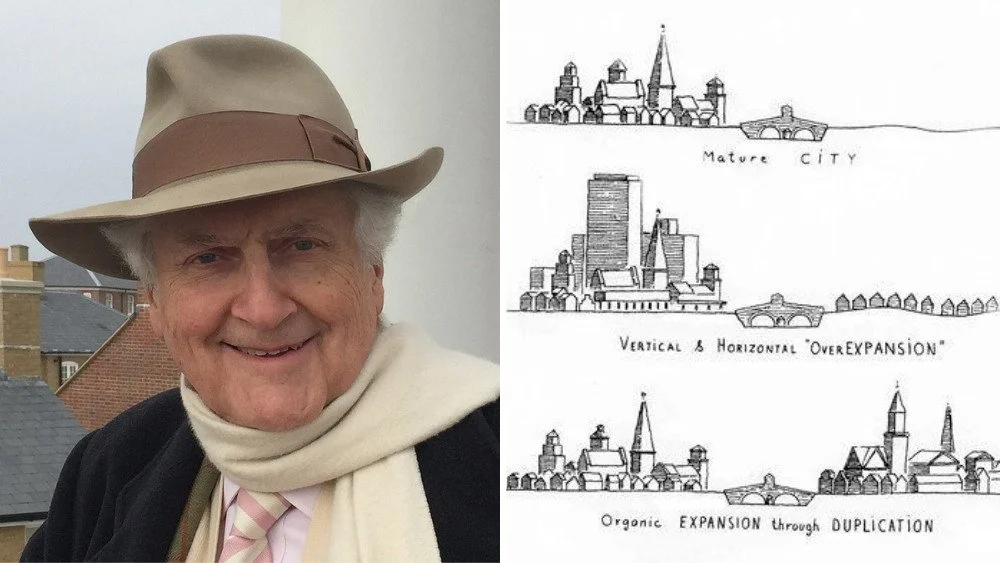
Good urbanism isn’t an academic abstraction but a lived experience we can see and feel in the world around us.
.webp)
Rather than join the ranks of abandoned malls, Indianapolis' Glendale Mall demonstrates the promise of suburban retrofitting and the power of small, steady development over time.

The Ocean State’s roads and bridges are failing. Rather than prioritizing repair, officials pursued an $85 million expansion that will cost decades of future maintenance.
.webp)
